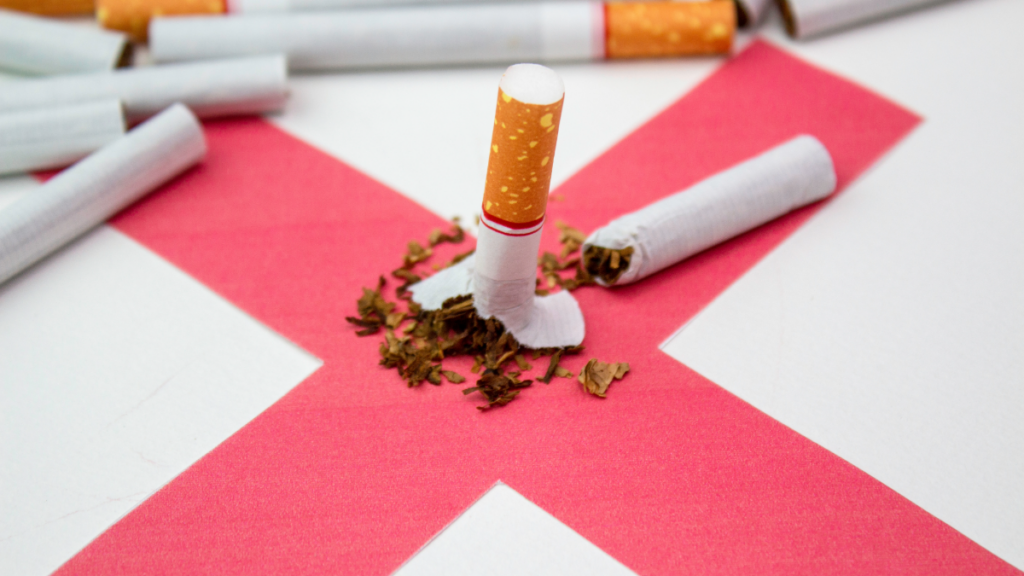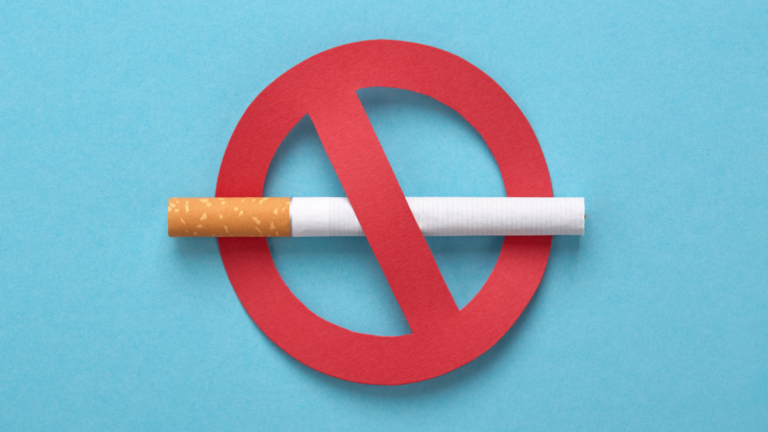Stoptober is back. And for a healthy reason. Thousands of people across the UK are gearing up again this year to quit smoking for good. Launched by Public Health England, the Stoptober campaign harnesses the collective motivation of October to encourage people to kick their smoking habits. The UK government’s recent efforts to ban cigarette sales to future generations is an effort to make a lasting change. The push to create a “smoke-free generation” is not just about protecting young people, it also serves as a reminder that quitting smoking today can improve someone’s future.
Quitting smoking can seem daunting, but the Stoptober initiative provides participants with many resources, including apps, online communities, and local support groups. These tools are designed to help individuals stay motivated and offer practical tips. The encouragement lasts throughout the month. With Stoptober’s 28-day challenge, participants are supported at every step of the way, helping them turn short-term efforts into lifelong success.
“Quitting smoking is easy. I’ve done it a hundred times.” – Mark Twain
The Health Benefits of Quitting
There’s no denying that there are health benefits when quitting smoking. Every year, smoking contributes to tens of thousands of deaths in the UK, with smoking-related diseases such as cancer, heart disease, and chronic obstructive pulmonary disease (COPD) causing havoc on public health. What’s often overlooked, however, is how quickly the body begins to heal once you quit.
It has been reported that within weeks of quitting, lung function improves, blood pressure stabilises, and the risk of heart attacks begins to drop. In the long term, quitting smoking drastically reduces the likelihood of developing cancer and other chronic illnesses.
Stoptober is a campaign for everyone, regardless of age or gender. This October, the focus is not just on kicking the habit, but on empowering people to embrace a healthier, smoke-free lifestyle.
UK Government’s Push for a Smoke-Free Generation

The UK government is taking bold steps towards reducing smoking rates, particularly through the introduction of the Tobacco and Vapes Bill. This draconian legislation seeks to ban the sale of cigarettes to anyone born after 1 January 2009, effectively creating a generation that will never legally be able to purchase tobacco products. The government is committed to preventing the next generation from ever picking up this bad habit, while also offering stronger enforcement measures to reduce underage vaping, another growing concern.
“Smoking kills. If you’re killed, you’ve lost a very important part of your life.” – Brooke Shields
These initiatives are likely to reduce smoking from its roots through reduced availability of tobacco and vape, which would block youngsters from having access . This drive by the government is amid warnings from public health experts that smoking still leads as the main cause of preventable death in the UK, which costs the NHS billions annually for the treatment of smoking-related diseases .
The Economic Costs of Smoking
Beyond the personal health implications, smoking places a tremendous burden on public health services and the economy. Every year, smoking is responsible for around 80,000 deaths in the UK and costs the NHS approximately £2.4 billion annually. The economic toll of smoking extends beyond healthcare costs, as smoking-related illnesses lead to lost productivity, increased absenteeism, and early mortality.
By quitting smoking, not only are individuals improving their personal health, but they are also contributing to the reduction of these economic pressures. Campaigns like Stoptober aim to reduce smoking rates, which could save the NHS millions in treatment costs and improve overall public health. With over 500,000 hospital admissions linked to smoking each year, quitting smoking is a big step towards reducing some of the strain on the healthcare system.
Stoptober, a Starting Point for a Healthier Future
Stoptober will not help everyone to quit. But it is a great community innitiative to encourage those that do want to give up. Whether the ban in the UK will have a positive effect on young people and the health system remains to be seen.

